At Hideout Fitness, we want to highlight a crucial aspect of your weight loss journey: sleep. It's not just about the food you eat and the workouts you do. Let’s explore how sleep can be your secret weapon in achieving and maintaining a healthy weight.
Our local trainers are here with some friendly advice to help you understand and improve the intricate dance between sleep and weight loss.
Do You Lose Weight While Sleeping?
Yes, your body does burn calories while you sleep.
Nighttime is when your body recovers and resets, repairing muscles from those great workouts at Hideout Fitness and balancing hormones that control appetite.
Although it’s a more passive calorie burn compared to hitting the gym, it’s a crucial part of your weight loss journey.
How Does Sleep Affect Weight Loss?
Adequate sleep sets the stage for your body to lose weight effectively. It regulates hormones like ghrelin and leptin, which control hunger and fullness.
This is supported by numerous scientific studies, such as a 2010 study published in the Annals of Internal Medicine, which found that sleep-deprived individuals had higher levels of ghrelin, the hormone that stimulates appetite, and lower levels of leptin, the hormone that signals fullness.
Lack of sleep can tip these scales, increasing cravings and making it hard to resist those extra snacks. Additionally, well-rested people are likelier to stick with their diet and exercise plans—essential components of any weight loss strategy.
Does Sleep Help You Lose Belly Fat?
While sleep alone won’t target your belly fat, it supports the habits that do.
Our fitness coaches at Hideout Fitness note that reducing stress through sufficient sleep lowers cortisol levels, which are linked to fat accumulation around the midsection.
Cortisol is a hormone released in response to stress, and high cortisol levels can lead to increased appetite and fat storage, particularly in the abdominal area. Getting enough sleep can help regulate your cortisol levels and prevent excess fat accumulation.
Combine this with Irvine’s sunny morning jogs and balanced nutrition, and you're setting yourself up for success.
What's the Right Amount of Sleep for Weight Loss and Recovery?
Getting the right amount of sleep is as crucial as your fitness routine or diet for maintaining your health and enhancing recovery from your workouts.
Most experts, including those at the National Sleep Foundation, recommend that adults aim for 7 to 9 hours of sleep per night to support overall health and maximize recovery processes.
Why Strive for 7 to 9 Hours?
Sleep is your body's time to heal and regenerate.
Here's what happens while you're off in dreamland:
- Muscle Repair and Growth: Your body pumps out growth hormones during deep sleep, which are vital for repairing and strengthening muscles that you've worked during the day.
- Glycogen Replenishment: Sleep restocks the glycogen levels in your muscles, ensuring you have plenty of energy for the next day’s activities or workout.
- Cognitive Reset: A good night's sleep sharpens your mind, improving your decision-making, reaction times, and accuracy, which are crucial not just for fitness but for daily life.
Individual needs may vary, particularly if you're an athlete or regularly engage in intense physical activity, which might necessitate a bit more sleep to help your body recover fully.
Prioritize sleep just like you would any important appointment or gym session. Consistently aiming for 7 to 9 hours of quality sleep can dramatically enhance your physical and mental performance.
Pro Tips from Irvine’s Top Trainers on Sleep and Weight Loss
- Consistent Sleep Schedule: Stick to a regular sleep schedule to enhance your metabolism and overall health. Our trainers suggest aligning your sleep timing with natural light cycles—wake up with the sun and wind down as it sets.
- Optimize Your Sleep Environment: Invest in a comfortable mattress and blackout curtains to turn your bedroom into a sleep haven. The cooler nights in Irvine are perfect for keeping your sleep environment cool, which research shows can help improve sleep quality.
- Wind-down Rituals: Before bed, engage in relaxing activities such as reading or gentle yoga. Avoid screens, like your phone, tablet, or TV, to help signal to your body that it’s time to wind down. The blue light emitted by these screens can suppress the production of melatonin, a hormone that regulates sleep, making it harder for you to fall asleep.
Sleep and Weight Loss: Final Thoughts
At Hideout Fitness in Irvine, we are confident that integrating quality sleep into your fitness regime is key to achieving your weight loss goals. It’s not just about cutting calories or stepping up your workout routine; it’s about giving your body the rest it needs to function optimally. Trust in the power of sleep.
Reach Your Weight Loss Goals With Us!
Are you ready to take your weight loss journey to the next level with a holistic approach that includes optimizing your sleep?
Visit us at Hideout Fitness in Irvine, where our friendly trainers are ready to tailor a plan that includes fitness, nutrition, and sleep strategies.
Start tonight—embrace better sleep and watch as it transforms your efforts into results.




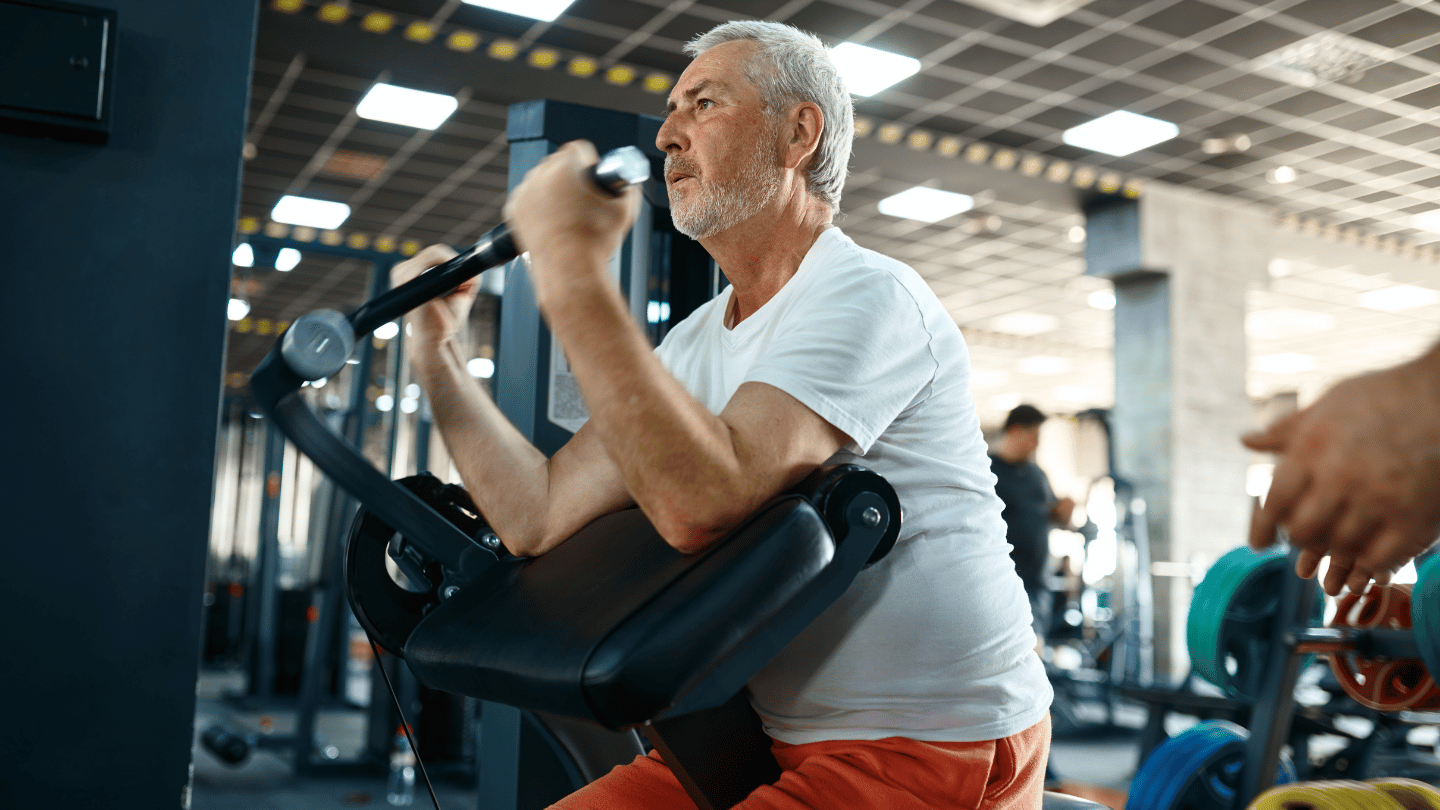

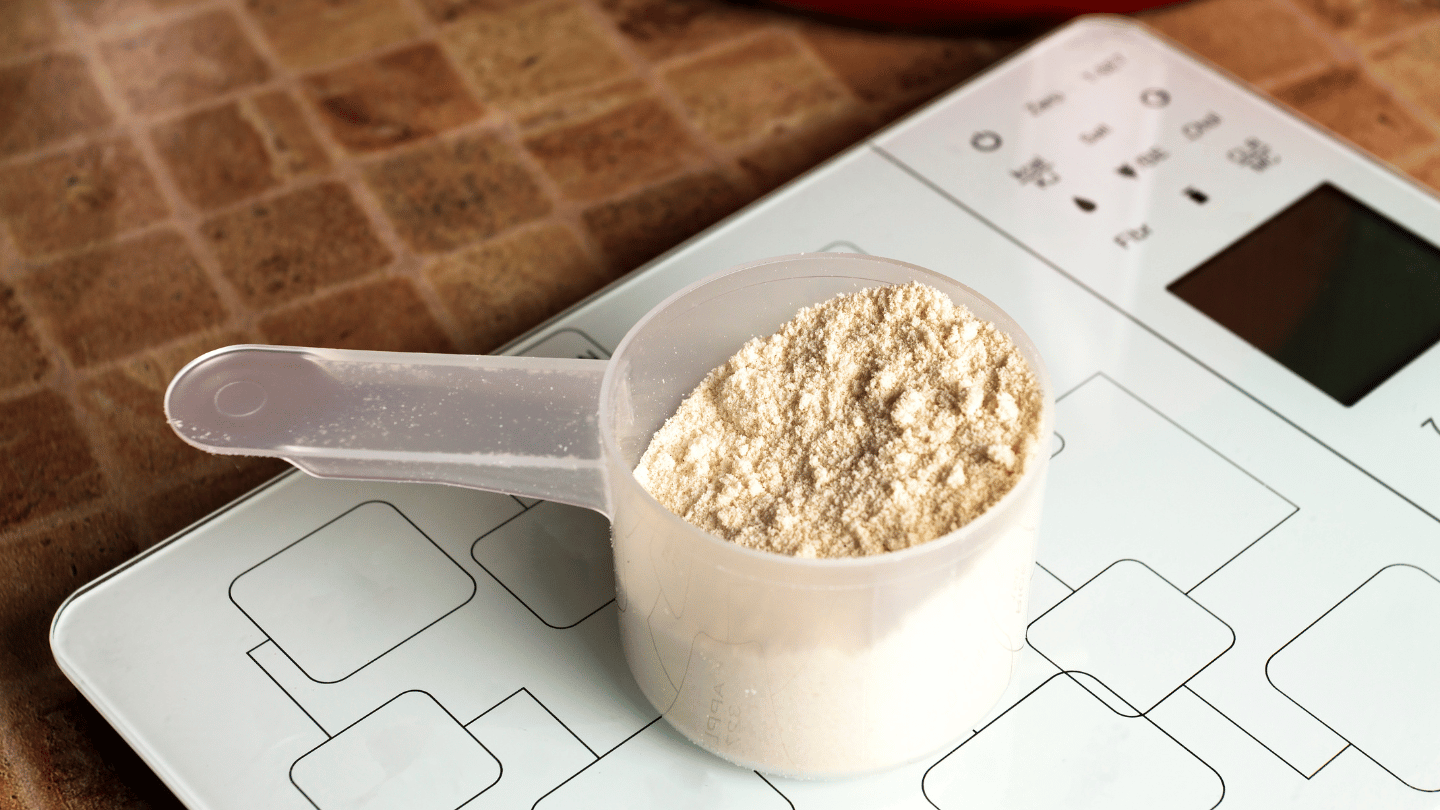


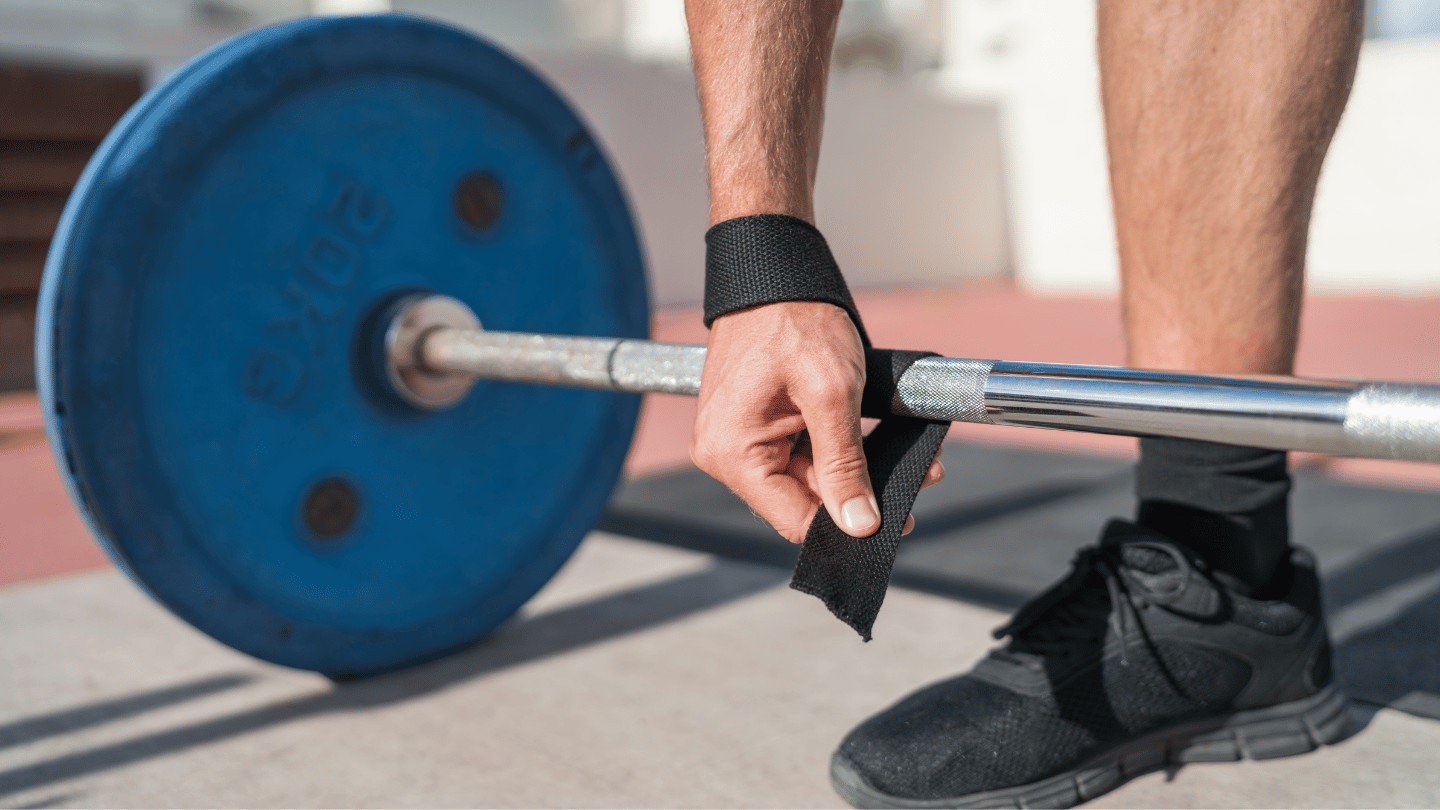


.png)
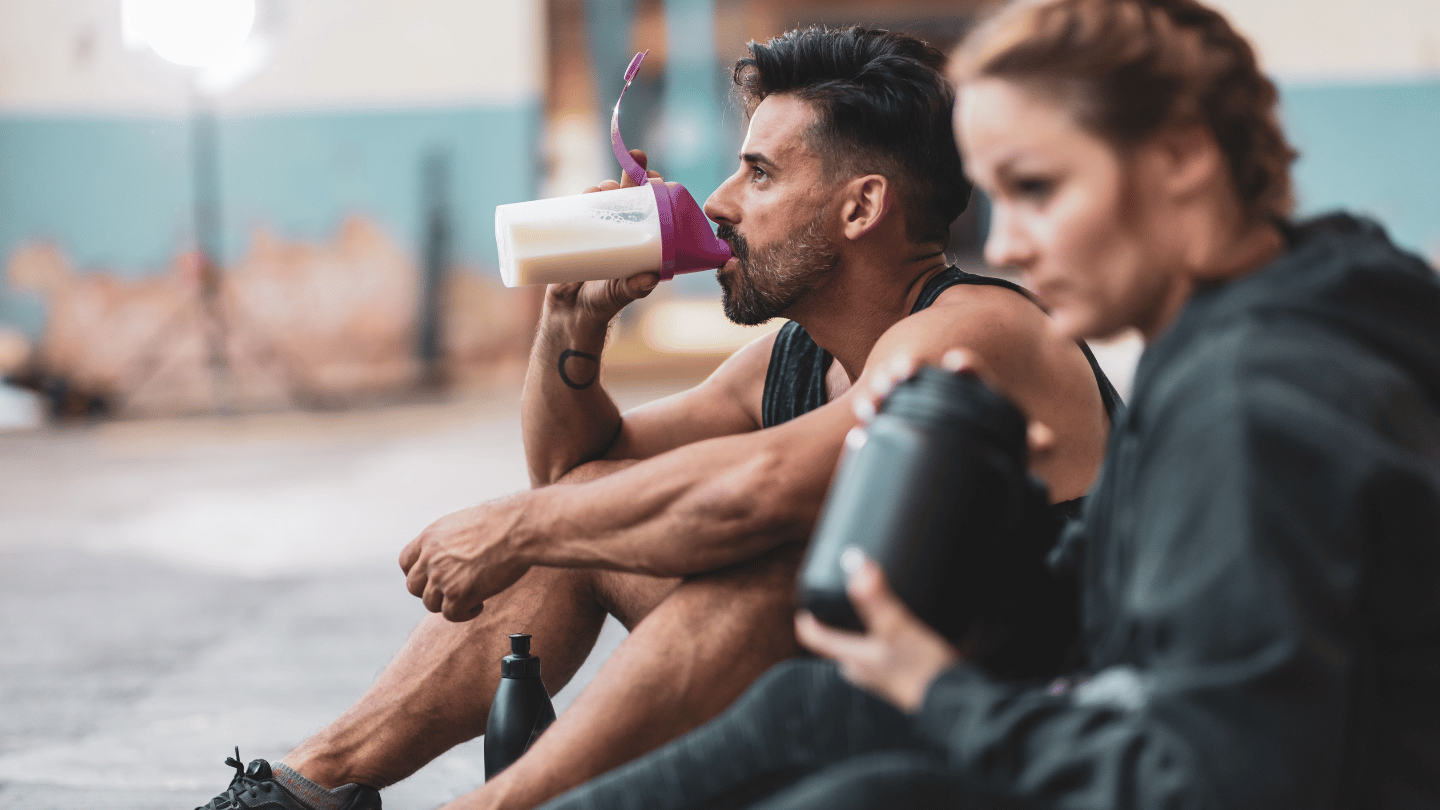










.png)




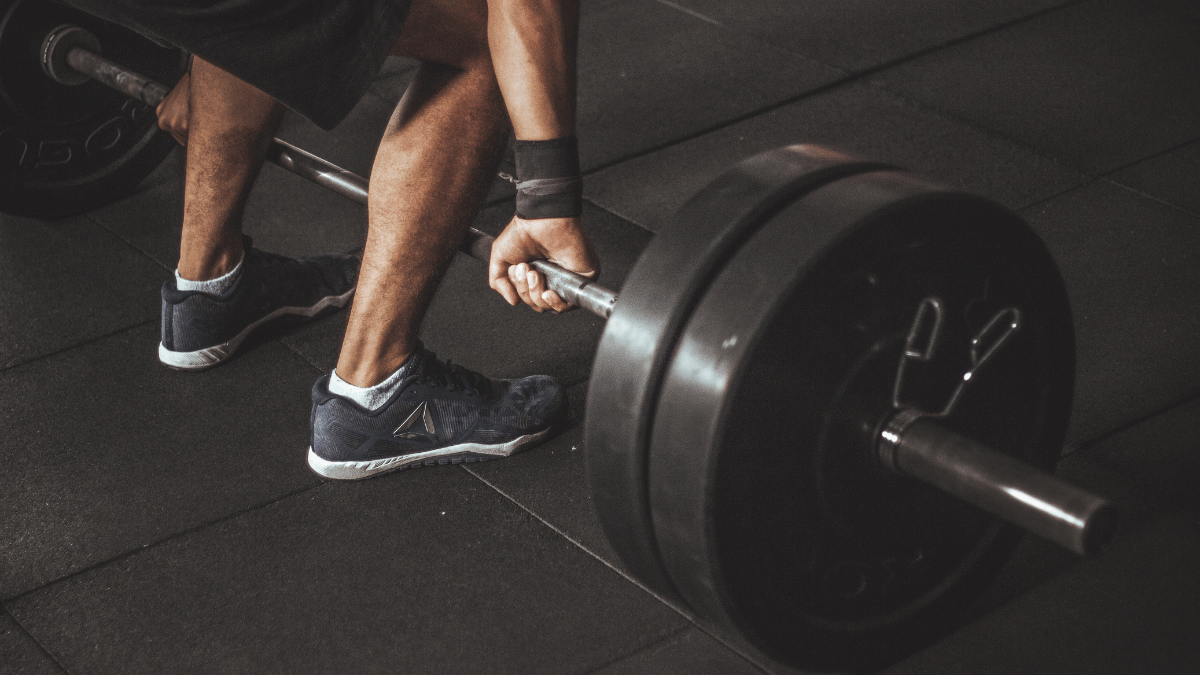





















.png)
.png)
.png)


























.png)
.png)
.png)
.png)
.png)
.png)
.png)
.png)
.png)
.png)



.png)
.png)
.png)


.jpg)
.png)
.png)